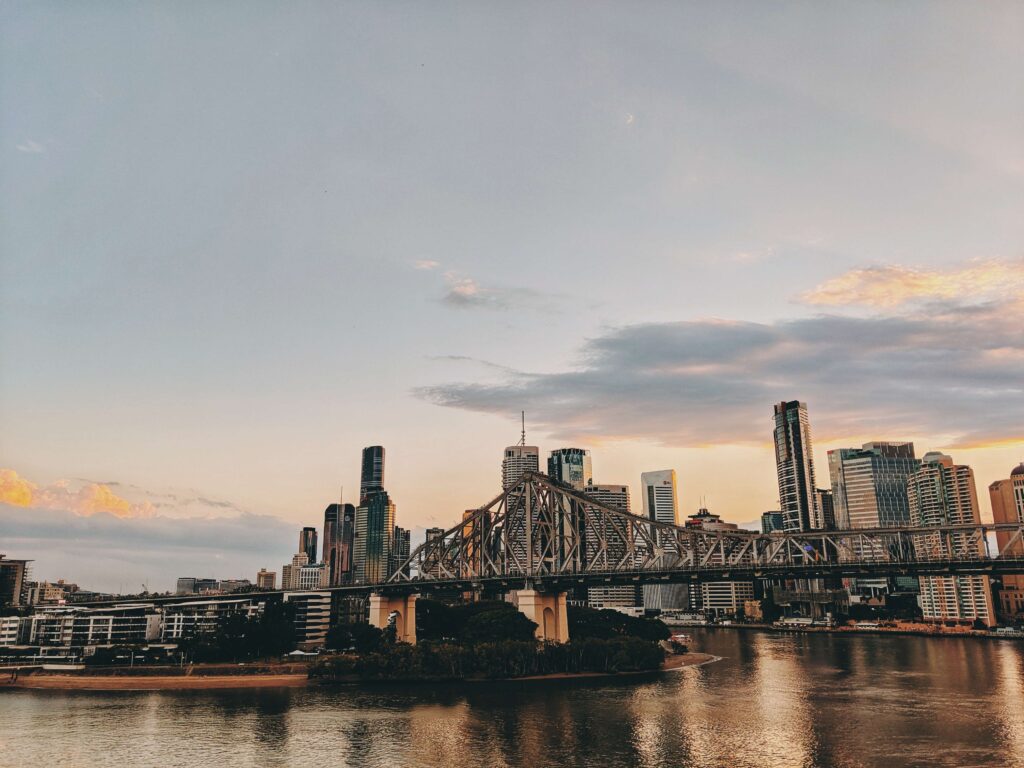Is It Time For Australia to Switch To Daylight Saving Time?

As clocks advance to 2am on Sunday morning, Queenslanders will once more engage in the annual debate over daylight saving time. UQ researchers and alumni suggest it might be worth giving it a go this time around.
Daylight saving aligns social noon with solar noon, giving us more daylight in the afternoon – but at what cost for our health, lifestyles and wildlife?
Table of Contents
Daylight Saving Time in Brisbane
Queenslanders have now experienced one hour less of sunlight every morning since daylight saving time was introduced last October; however, according to a new report a majority of Queenslanders want their state to adopt daylight saving time like other states like NSW, Victoria, South Australia and Tasmania have.
The twice-annual change to daylight savings time in participating Australian states and territories involves moving clocks forward an hour in spring, and back one in autumn. It applies to New South Wales, Victoria, Tasmania and ACT while Western Australia and Queensland remain on standard local time all year round.
But according to a University of Queensland study published in Professional Geographer Journal, 60 per cent of Queenslanders want Daylight Saving Time back. Furthermore, not having DST results in an estimated $4 billion annual loss for Queensland due to reduced productivity at its offices located across other states.
What is Daylight Saving Time?
Daylight Saving Time (DST) is an adjustment of clocks used in warmer climates in order to increase daylight during summer and reduce light in winter, thus saving energy by using less lighting at night due to more sunshine in the mornings. DST allows more daylight hours during summer than winter. Its primary use lies within its adaptation for daylight saving.
Decisions on Daylight Saving Time implementation vary among states and territories, often being made based on political, economic and health considerations.
As Australia is a federation, each state retained its colonial-era power to set its own time zones; therefore any decision not to implement DST in Queensland falls directly within its parliament’s purview.
Queensland operates under Australian Eastern Standard Time (AEST), UTC+10; however, it does not observe Daylight Saving Time during the year. In wintertime this aligns with New South Wales, Victoria, Tasmania and Lord Howe Island’s time zones while during summer it falls 1 hour earlier.
Why do we need Daylight Saving Time?
Sleep is important, and switching back and forth between standard time and daylight savings time can disrupt our sleeping patterns and leave us feeling fatigued. Is there an objective reason why we change the clocks twice annually?
Each year we change the clocks forward or back, but there are valid reasons behind doing so. One is energy savings through reduced lighting usage after dark – which is particularly important during hotter weather when air conditioning use increases significantly.
DST provides other benefits, including increased light in the evenings for recreational activities and safer night-time walking – particularly important as pedestrian accidents increase annually after time changes. Research indicates that DST could even help treat seasonal affective disorder caused by lack of sunlight which usually worsens during winter.
How does Daylight Saving Time affect us?
Many people loathe biannual time changes, especially when it means giving up an hour’s sleep. Time changes also pose serious health implications: some individuals experience mood disturbances or even attempt suicide during daylight saving time shift. Furthermore, spring and fall time changes can disturb our circadian rhythm.
Studies have shown that Daylight Saving Time may increase anxiety, headaches and fatigue as well as increase heart attacks and stroke risk. Studies also reveal an increase of traffic accidents by 6% the Monday after DST starts and more hospital admissions for atrial fibrillation within weeks after both starting and ending of DST.
To mitigate any negative side effects from time changes, try to maintain regular waking and sleeping times throughout each day, avoid caffeine and alcohol before bed, expose yourself to natural light in the mornings, and try getting up earlier the week prior to the changeover.



